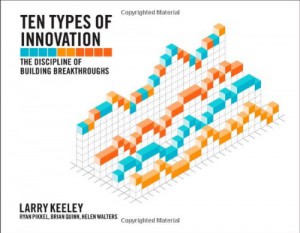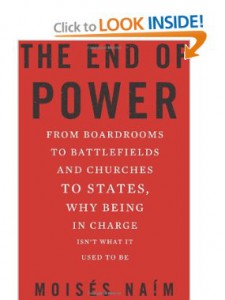
Roger Thompson
5.0 out of 5 stars Engaging and Shocking December 11, 2010
First off, let me preface this my saying that my knowledge of the American military was practically nil before reading this book so I found it all the more engaging and eye-opening especially because the American Navy is generally thought of as the best in the world, I know that was the impression I was under until I read Lessons Not Learned. The American Navy is the largest sea power in the world and the most expensive and depictions of it in movies all lead us to believe that we can rest easy knowing that there would never be any chance of the Americans losing in a conflict against any other nation in the world. Unfortunately, that simply seems to not be the case, Lessons Not Learned points out a number of flaws in many, if not all, aspects of the American Navy. More frustratingly, it seems that many of these flaws could actually be fixed but are not. The system of hierarchy and promotion, along with a stubborn way of thinking and far too much pride not only limits the capabilities of the Navy but also puts those nations that rely or expect support and candidacy from it in danger.
The system of hierarchy in the Navy and the promotion system enforces and ensures that the officers put in charge are ones that care more for their careers than for the candidacy and for the state of the American Navy. The Navy itself encourages an “up or out” system which ensures that only officers who are willing to regurgitate prepared statistics, facts and speeches are ever able to ascend in rank. This is particularly disconcerting because we are taught, shown, and the military takes every opportunity to depict a strict and rigid code of conduct and honor. Yet, in the very institution itself, an officer cannot hope to achieve a rank or status if he was to actually adhere to that code and image the American Navy works so hard to sell. Knowing this, is it really any wonder that the Navy is as poorly trained and prepared for war at sea as is illustrated in the book? Most officers of any distinguishing rank have already been lying, falsifying, and putting all of their effort into convincing the world at large that the American Navy is the best in the world instead of actually endeavoring to make it so.
Continue reading “Review (Guest): Lessons Not Learned – The U.S. Navy's Status Quo Culture”








